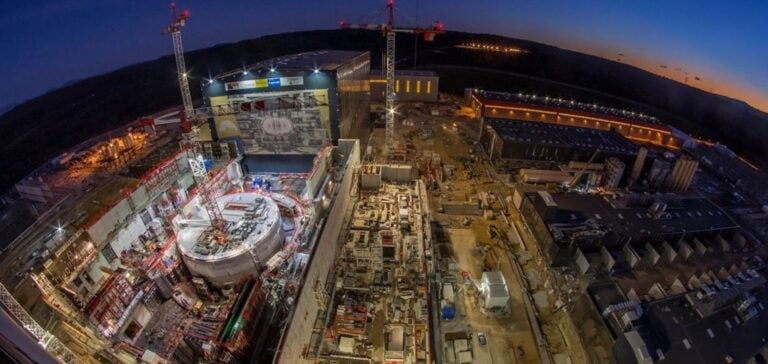The European Commission has published a report analyzing the possibility of promoting public-private partnerships in the field offusion energy. The report notes an increase in private investment, thanks in particular to recent technological advances. It identifies a significant opportunity for the industry to become a driving force in the development of fusion.
Strategies for effective partnerships
The report suggests options for developing a public-private partnership tailored to the fusion sector, assessing their advantages and disadvantages. Until now, EU funding in this area has been mainly provided by public bodies, with industry playing a more passive role.
The Commission envisages a long-term strategic approach, including the promotion of public-private partnerships. Indeed, the latter could help fill technological gaps and stimulate industrial investment. A robust, competitive and sustainable industrial base is needed to support ITER and the construction of future fusion devices.
The potential of fusion energy
Fusion, potentially a safe, cost-effective and sustainable solution to energy needs, is at the heart of one of the world’s most ambitious energy projects: ITER, located in the south of France. Although experimental, ITER aims to advance fusion technology for a greener energy mix.
ITER governance and financing
ITER is an international project, with significant contributions from the EU, aimed at demonstrating the scientific and technological feasibility of fusion as a future energy source. EU funding for ITER amounts to 5.61 billion euros for 2021-2027, marking a major commitment to fusion research.
Public-private partnerships are emerging as a key strategy for accelerating the development of fusion energy, with the potential to transform the energy landscape. Investment in projects such as ITER testifies to Europe’s commitment to an innovative energy source that holds great promise for the future.





















